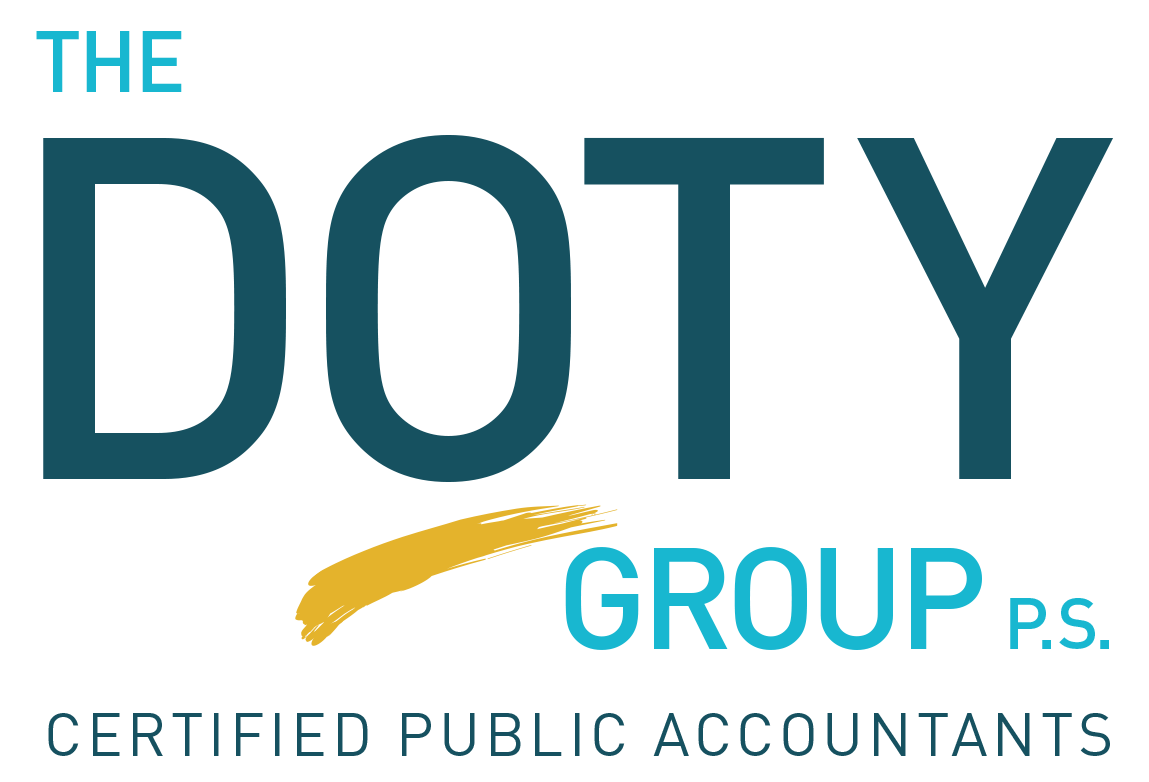FASB Proposes Improvements to Accounting for Contributed Nonfinancial Assets by Not-for-Profit Organizations
Norwalk, CT - The Financial Accounting Standards Board (FASB) today issued a proposed Accounting Standards Update (ASU) intended to improve transparency around how not-for-profit organizations present and disclose contributed nonfinancial assets, also known as gifts-in-kind.
Examples of contributed nonfinancial assets include fixed assets such as land, buildings, and equipment; the use of fixed assets or utilities; materials and supplies, such as food, clothing, or pharmaceuticals; intangible assets; and/or recognized contributed services.
The proposed ASU would require a not-for-profit organization to present contributed nonfinancial assets as a separate line item in the statement of activities, apart from contributions of cash or other financial assets.
It would also require a not-for-profit to disclose:
Contributed nonfinancial assets received disaggregated by category that depicts the type of contributed nonfinancial assets, and
For each category of contributed nonfinancial assets received (as identified in (a)):
Qualitative information about whether the contributed nonfinancial assets were or are intended to be either monetized or utilized during the reporting period and future periods. If utilized, a description of the programs or other activities in which those assets were or are intended to be used.
A description of any donor restrictions associated with the contributed nonfinancial assets.
The valuation techniques and inputs used to arrive at a fair value measure, including the principal market (or most advantageous market) if significant, in accordance with the requirements in Topic 820, Fair Value Measurement.
Stakeholders are encouraged to review and provide input on the proposed ASU by April 10, 2020.
The proposed ASU, including a “FASB In Focus” overview and information about how to submit comments, is available at fasb.org.
About the Financial Accounting Standards Board
Established in 1973, the FASB is the independent, private-sector organization, based in Norwalk, Connecticut, that establishes financial accounting and reporting standards for public and private companies and not-for-profit organizations that follow Generally Accepted Accounting Principles (GAAP). The FASB is recognized by the Securities and Exchange Commission as the designated accounting standard setter for public companies. FASB standards are recognized as authoritative by many other organizations, including state Boards of Accountancy and the American Institute of CPAs (AICPA). The FASB develops and issues financial accounting standards through a transparent and inclusive process intended to promote financial reporting that provides useful information to investors and others who use financial reports. The Financial Accounting Foundation (FAF) supports and oversees the FASB. For more information, visit www.fasb.org.
